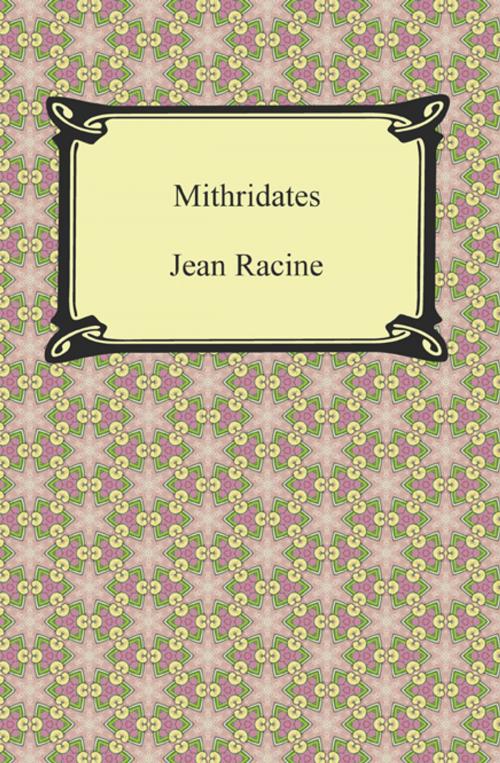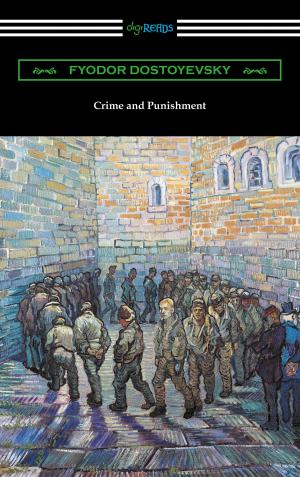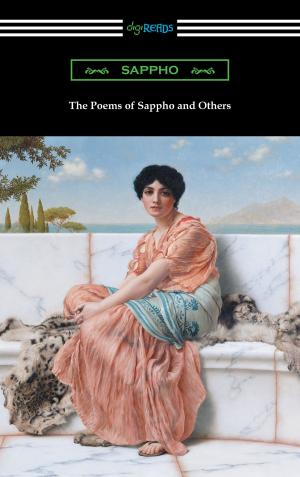| Author: | Jean Racine | ISBN: | 9781420949056 |
| Publisher: | Neeland Media LLC | Publication: | December 15, 2009 |
| Imprint: | Digireads.com Publishing | Language: | English |
| Author: | Jean Racine |
| ISBN: | 9781420949056 |
| Publisher: | Neeland Media LLC |
| Publication: | December 15, 2009 |
| Imprint: | Digireads.com Publishing |
| Language: | English |
The 17th century dramatist Jean Racine was considered, along with Molière and Corneille, as one of the three great playwrights of his era. The quality of Racine's poetry has been described as possibly his most important contribution to French literature and his use of the alexandrine poetic line is one of the best examples of such use noted for its harmony, simplicity and elegance. While critics over the centuries have debated the worth of Jean Racine, at present, he is widely considered a literary genius of revolutionary proportions. In this volume of Racine's plays we find "Mithridates", the eighth of twelve plays by the author. In this drama Racine draws upon the historical figure of Mithridates who is remembered as one of the Roman Republic's most formidable and successful enemies. Having reigned over the kingdom of Pontus, around the Black Sea, Mithridates was famous for having gradually immunized himself to poisons. Popular in its day being a favorite of King Louis XIV, the play has become increasingly rare on stage over the past centuries.
The 17th century dramatist Jean Racine was considered, along with Molière and Corneille, as one of the three great playwrights of his era. The quality of Racine's poetry has been described as possibly his most important contribution to French literature and his use of the alexandrine poetic line is one of the best examples of such use noted for its harmony, simplicity and elegance. While critics over the centuries have debated the worth of Jean Racine, at present, he is widely considered a literary genius of revolutionary proportions. In this volume of Racine's plays we find "Mithridates", the eighth of twelve plays by the author. In this drama Racine draws upon the historical figure of Mithridates who is remembered as one of the Roman Republic's most formidable and successful enemies. Having reigned over the kingdom of Pontus, around the Black Sea, Mithridates was famous for having gradually immunized himself to poisons. Popular in its day being a favorite of King Louis XIV, the play has become increasingly rare on stage over the past centuries.















